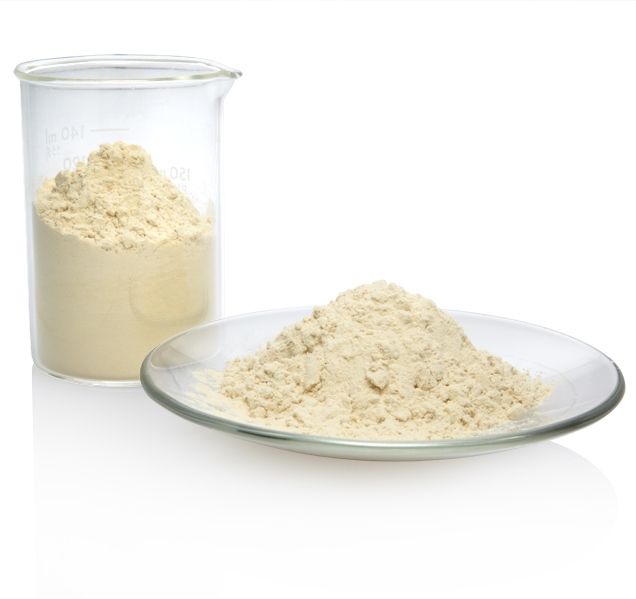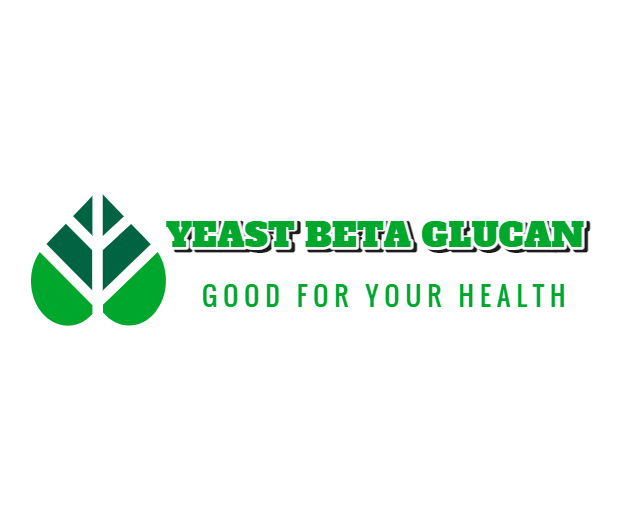The emergence of the novel coronavirus SARS-Cov-2, which causes severe respiratory infections, is the primary concern of public health worldwide. The majority of the coronaviruses infect animals, but they can evolve into strains that infect humans. In the context of the COVID-19 outbreak, a particular interest developed to find the solutions to COVID-19. From the beginning of the COVID-19 pandemic, the doctors advise us to reduce the exposure and take care of ourselves if we get infected. These are some essential tips, but we need to focus on the immune system. It is critical to boosting the immune system if we get exposed to a virus and become sick. If we have a robust immune system, bodies can fight back against the deadly virus.
Does the vaccine are the ultimate solution of COVID-19?
As the coronavirus is continuously spreading, different waves come up one after the other, with new strains. The vaccine’s ability to produce antibodies to induce the cellular immune system is rational because nAB response rapidly (Chung et al., 2020). However, scientists have developed various vaccines to control the coronavirus pandemic and are available in the market. However, none of the vaccines guarantee 100% immunity against novel coronavirus. Additionally, the coronavirus genome is highly prone to mutations, which is the main reason for genetic drift and escape from immunity. The several variants that are responsible for genetic drift are already identified in various countries. These variants are challenging the efforts to contain the virus worldwide (Koyama et al., 2020).
Now, it is more important than ever to take measures to enhance the immune system. We can take various kinds of supplements to boost the immune system. One of the most important supplement is yeast beta-glucan which play a critical role in enhancing the immune system (Jawhara, 2020).

Yeast β-glucan
The β-glucans are present in various sources like yeast, fungi, mushroom, bacteria, and plants. It has different functions based on the basis from which it is derived and its molecular structure. Yeast-derived β-glucans is comprised of β (1,3)-linked D-glucose with β (1,6) side chain of varying length branched structure found at various locations along with the polymer’s backbone. Although other known chemical structure of β-glucans includes β (1,3), β (1,4), and β (1,6)-linked structures are also present. However, only beaker yeast (Saccharomyces cerevisiae) contains a β (1,3)-linked D-glucose chemical structure. It has excellent immune-modulatory and stimulatory effects that differ from others and bring it into the biological response modifier (BRM) (Geller et al., 2019).
Yeast β-glucan and Immune system
The yeast β-glucan are potential activators of the innate immune system that enhance the functional activity of immune cells. The yeast β-glucan are recognized by immune cells within the gastrointestinal tract, amongst others by dectin-1 signaling. Following, the uptake of yeast β-glucan via dectin-1 induces the macrophages. Then, macrophages’ degradation processes make β-glucan available systemically and show strong immune modulation effects. It activates the network of cell signaling pathways, which systemically develop adaptive immune responses against diseases (Murphy et al., 2010; Novak & Vetvicka, 2008).

Yeast β-glucan and Trained immunity(TRIM)
Trained immunity (TRIM) is a promising defense approach against the coronavirus. The use of β-glucans supplements is widely helpful in enhancing trained immunity. β-glucans reprogram epigenetic modifications in innate immune cells. These modifications include cellular activation, augmented cytokine production, and modification in metabolic processes. The epigenetic changes in histone acetylation and methylation result in positive gene regulation. The epigenetically trained cells reprogrammed the overall immune responses. Trained immunity plays a crucial role in boosting immune responses against various pathogenic reactions. β-glucans derived epigenetic modifications are rapidly activated in response to secondary infections and stimuli such as viruses and act as a powerful strategy for a vaccine against COVID-19 (Del Cornò et al., 2020; Geller & Yan, 2020).
Yeast β-glucan and COVID-19
It is crucial to have good innate immunity to fight against any disease. When it comes to COVID-19, it’s critical to have good immunity. Long-lasting immunity is essential to fight against COVID-19. Currently, it’s a big challenge to have durable immunity in COVID-19-affected patients. The oral use of Yeast β-glucan has a prophylactic impact on boosting the immune system and can revoke the symptoms of SARS-Cov-2 by its TRIM actions. Various studies proved that the use of Yeast β-glucan helps in producing long-lasting TRIM against a wide range of pathogenic diseases (Ikewaki et al., 2020). The SARS-Cov-2 badly affects the respiratory system of the affected person. The gastrointestinal tract is the pathogenesis of SARS-Cov-2 and the possible route of infection. β-glucan have immune-modulatory effects on the intestine. The use of β-glucan has possible advantageous effects for COVID-19 therapy. The use of β-glucan reduces the incidence of infection in the upper respiratory tract (Geller & Yan, 2020).
Yeast β-glucan doesn’t have any side effects.

Besides the immunomodulatory effects of the yeast β-glucan, it also has various beneficial effects like treating heart-related problems by lowering cholesterol levels, improving heart health, wound healing, and help in cancer prevention. Furthermore, the use of β-glucan doesn’t have any harmful effects. The β-glucan is beneficial for people of all ages, from children to old age people. They are stable molecules and can be used as food supplements continuously (Seo et al., 2019; Talbott & Talbott, 2012).
Summary
It is essential to develop long-lasting immune responses and fight against the coronavirus in cases infected. Although, the various vaccine developed and vaccination is continuing to build herd immunity. Although different countries are trying to accelerate the rate of mass vaccination, it will need years to vaccinate the world population. Furthermore, the SARS-CoV-2 virus genome mutates rapidly. Due to its high mutation rate, the virus can cause genetic drift and escape from immunity.
Additionally, vaccines don’t guarantee long-lasting immunity due to the factors mentioned above. We should use yeast β-glucan like supplements to boost innate immunity and develop trained immunity to fight against COVID-19. The use of yeast β-glucan as a food supplement proved for two decades without any side effects.
Hence, regarding the current situation of COVID-19, it’s wise to use β-glucan supplements. β-glucan strengthens the immune system and helps in the development of long-lasting immunity against the SARS-Cov-2 virus.
Reference
Chung, Y. H., Beiss, V., Fiering, S. N., & Steinmetz, N. F. (2020). COVID-19 Vaccine Frontrunners and Their Nanotechnology Design. ACS Nano, 14(10), 12522–12537. https://doi.org/10.1021/acsnano.0c07197
Del Cornò, M., Gessani, S., & Conti, L. (2020). Shaping the Innate Immune Response by Dietary Glucans: Any Role in the Control of Cancer? Cancers, 12(1), 155. https://doi.org/10.3390/cancers12010155
Geller, A., Shrestha, R., & Yan, J. (2019). Yeast-Derived β-Glucan in Cancer: Novel Uses of a Traditional Therapeutic. International Journal of Molecular Sciences, 20(15), 3618. https://doi.org/10.3390/ijms20153618
Geller, A., & Yan, J. (2020). Could the Induction of Trained Immunity by β-Glucan Serve as a Defense Against COVID-19? Frontiers in Immunology, 11. https://doi.org/10.3389/fimmu.2020.01782
Ikewaki, N., Iwasaki, M., & Abraham, S. J. K. (2020). Biological response modifier glucan through balancing of blood glucose may have a prophylactic potential in COVID-19 patients. Journal of Diabetes & Metabolic Disorders, 19(2), 2041–2044. https://doi.org/10.1007/s40200-020-00664-4
Jawhara, S. (2020). How to boost the immune defence prior to respiratory virus infections with the special focus on coronavirus infections. Gut Pathogens, 12(1), 47. https://doi.org/10.1186/s13099-020-00385-2
Koyama, T., Weeraratne, D., Snowdon, J. L., & Parida, L. (2020). Emergence of drift variants that may affect COVID-19 vaccine development and antibody treatment. Pathogens, 9(5), 324.
Murphy, E. A., Davis, J. M., & Carmichael, M. D. (2010). Immune modulating effects of β-glucan. Current Opinion in Clinical Nutrition and Metabolic Care, 13(6), 656–661. https://doi.org/10.1097/MCO.0b013e32833f1afb
Novak, M., & Vetvicka, V. (2008). β-Glucans, History, and the Present: Immunomodulatory Aspects and Mechanisms of Action. Journal of Immunotoxicology, 5(1), 47–57. https://doi.org/10.1080/15476910802019045
Seo, G., Hyun, C., Choi, S., Kim, Y. M., & Cho, M. (2019). The wound healing effect of four types of beta-glucan. Applied Biological Chemistry, 62(1), 20. https://doi.org/10.1186/s13765-019-0428-2
Talbott, S. M., & Talbott, J. A. (2012). Baker’s Yeast Beta-Glucan Supplement Reduces Upper Respiratory Symptoms and Improves Mood State in Stressed Women. Journal of the American College of Nutrition, 31(4), 295–300. https://doi.org/10.1080/07315724.2012.10720441

 English
English Nederlands
Nederlands Français
Français Deutsch
Deutsch Italiano
Italiano 日本語
日本語 Português
Português Русский
Русский Español
Español Türkçe
Türkçe Tiếng Việt
Tiếng Việt



2 Responses
I like this website because so much useful material on here : D.